We were lucky to catch up with Shequeta Smith recently and have shared our conversation below.
Shequeta , thanks for joining us, excited to have you contributing your stories and insights. One of our favorite things to hear about is stories around the nicest thing someone has done for someone else – what’s the nicest thing someone has ever done for you?
I had only been in Los Angeles for about a year when I signed up to be a seat filler at the 2005 NAACP Image Awards. My friend Natasha and I showed up dressed like Hollywood royalty and were stunned to be seated in the front row—right next to Angela Bassett and Courtney B. Vance, and just a few seats down from Oprah, Gayle, and a rising political figure named Barack Obama (who received the Chairman’s Award that night), and his wife Michelle.
We were filling Stevie Wonder’s seats. Since he was performing, he stayed backstage the entire show. That meant we got to stay in those prime seats all night. And what a night it was. Prince was receiving the NAACP Vanguard Award, and the stage was filled with legends there to honor him: Sheila E., Morris Day & The Time, Stevie Wonder—and Prince closed the show with a jaw-dropping performance. Chris Tucker hosted, and he kept the energy high throughout.
Everything was perfect…until the final act. Just before Prince’s performance, Chris Tucker decided he wanted to watch from the audience. The seat filler coordinator suddenly ran toward me to pull me from my seat to make room. As a seat filler, if you get pulled, you don’t just move—you have to leave the auditorium entirely.
She had one hand on my arm when Chris Tucker ran up behind her and said, “No, let her stay. I’ll stand.” I exhaled in disbelief, mouthed “thank you,” and Chris smiled back and said, “No problem.”
Because of that small, generous act, I got to witness my idol Prince rock the stage and tear the house down from one of the best seats in the room. I’ll never forget it. It was pure magic, and a reminder that kindness, even in Hollywood, still exists.
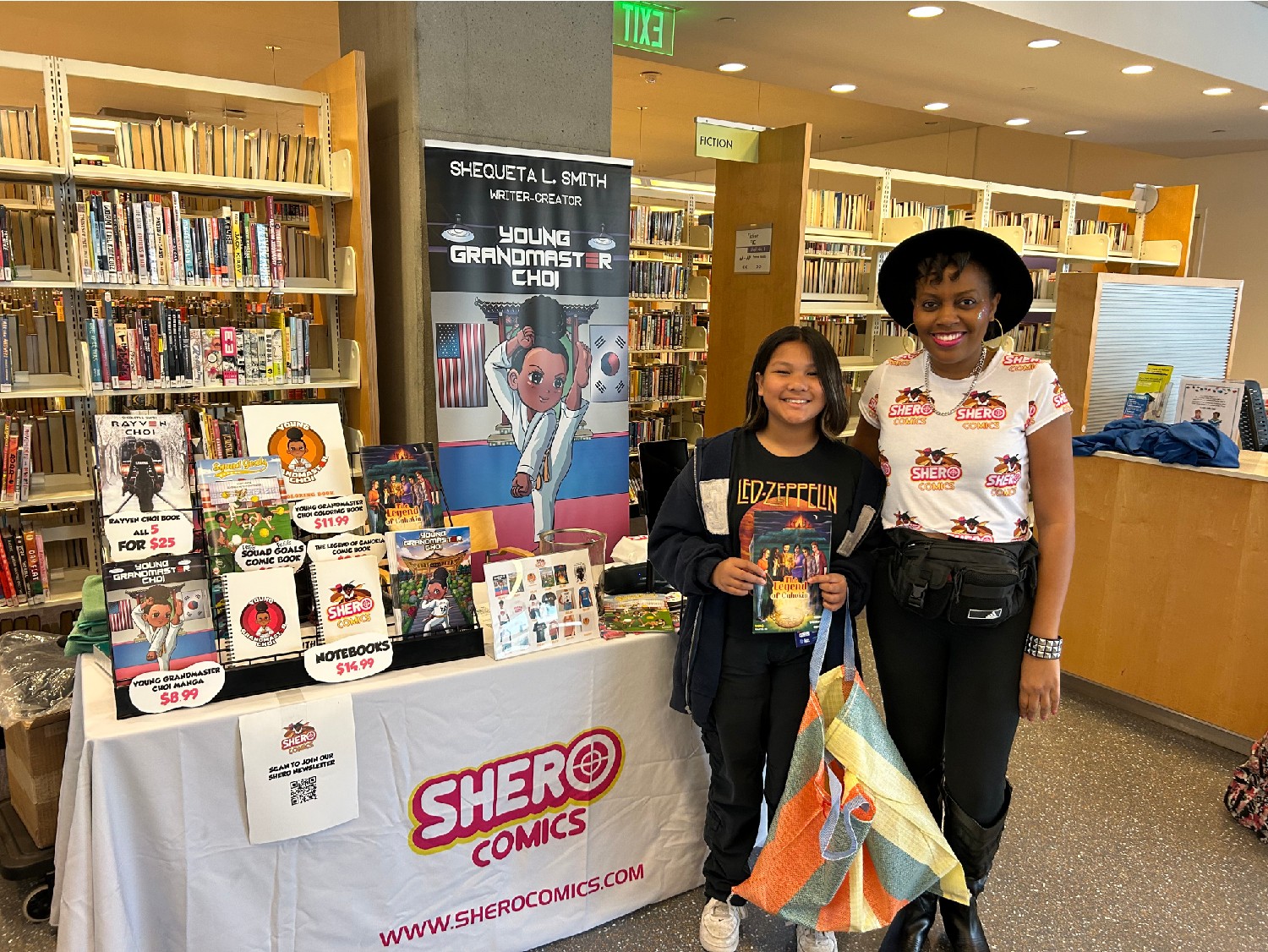
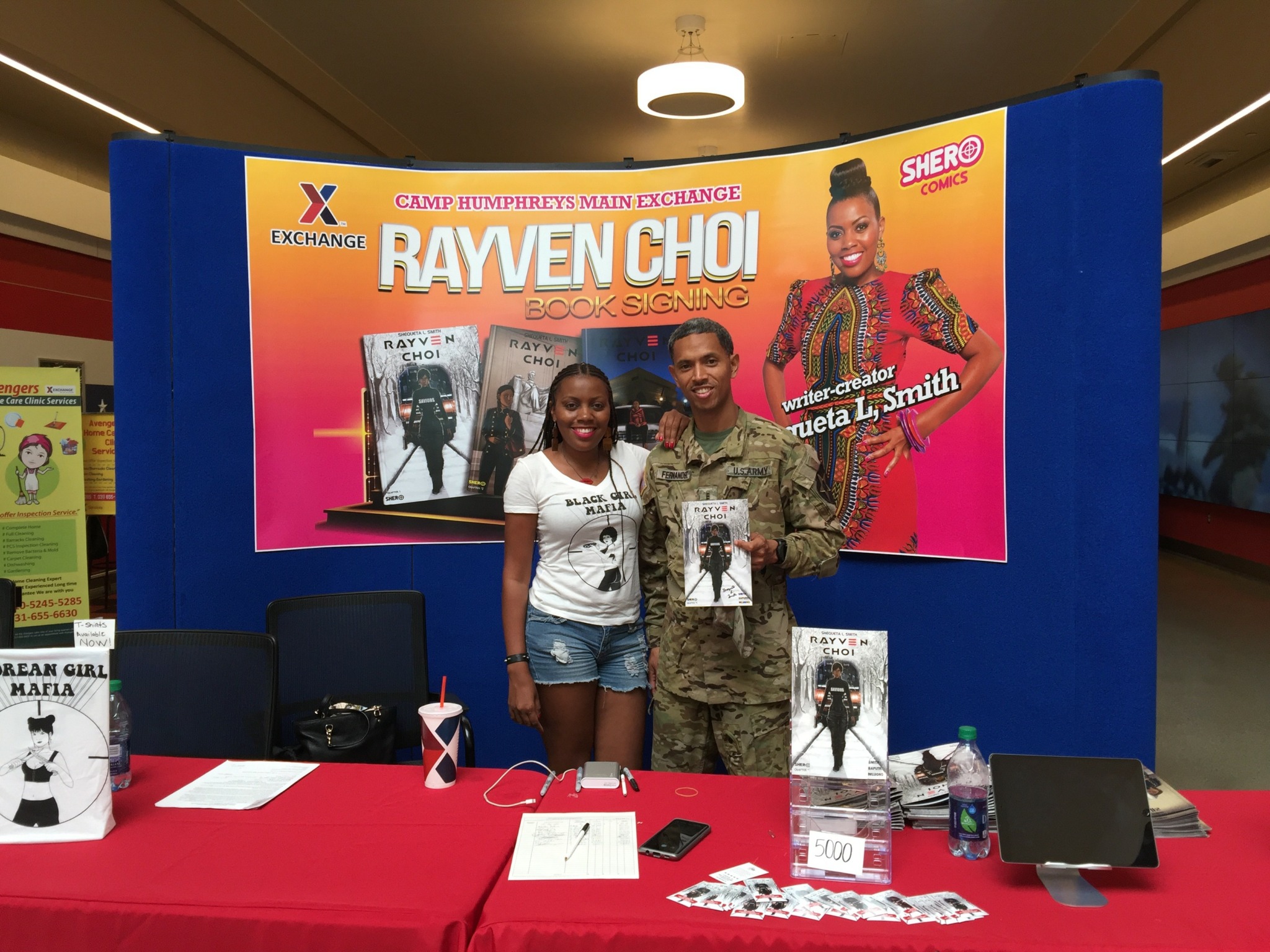
Shequeta , before we move on to more of these sorts of questions, can you take some time to bring our readers up to speed on you and what you do?
My name is Shequeta L. Smith, and I’m the founder and CEO of Shero Comics, an award-winning multimedia company on a mission to center Black women and girls in comics, animation, film, and gaming. Based in Los Angeles, we’re building what I like to call a new-age Marvel Studios — but from a Black woman’s perspective.
I got my start in the entertainment industry as a screenwriter and director, but it was my passion for storytelling and the lack of diverse female protagonists that pushed me to launch Shero Comics. I noticed that Black women and girls were either missing entirely from mainstream comic books and sci-fi stories, or when we were there, we were hypersexualized or relegated to the background. I wanted to change that narrative by creating content where we are centered, empowered, and multi-dimensional.
At Shero Comics, we publish original comic books and manga, like Young Grandmaster Choi, Rayven Choi, and Squad Goals. We’ve also expanded into merchandise — including collectible dolls, apparel, and coloring books —and we’re now venturing into animation and gaming. Beyond entertainment, we also run educational workshops and digital bootcamps under our Shero Talks Masterclass banner, teaching kids how to create their own comic books and enter creative tech careers.
What sets us apart is not just our characters, but the mission behind them. Every product we create solves a visibility problem for underrepresented youth. We’re showing young people, especially girls of color, that they can be superheroes, leaders, tech innovators, and storytellers. Whether we’re teaching a child how to build a comic book panel or helping a parent find books their daughter can see herself in, our work is always rooted in empowerment through representation.
I’m most proud of the impact we’re making. Not only in the stories we tell, but in the classrooms we visit, the libraries we partner with, and the global audiences who are now finding their reflections in our pages. Our comics have been inducted into the Library of Congress, featured in national book ban initiatives, and even sent to Beyoncé for her children.
For those just discovering Shero Comics, I want them to know we’re more than just a brand—we’re a movement. We’re building a universe where girls of color are the main characters. And we’re just getting started.
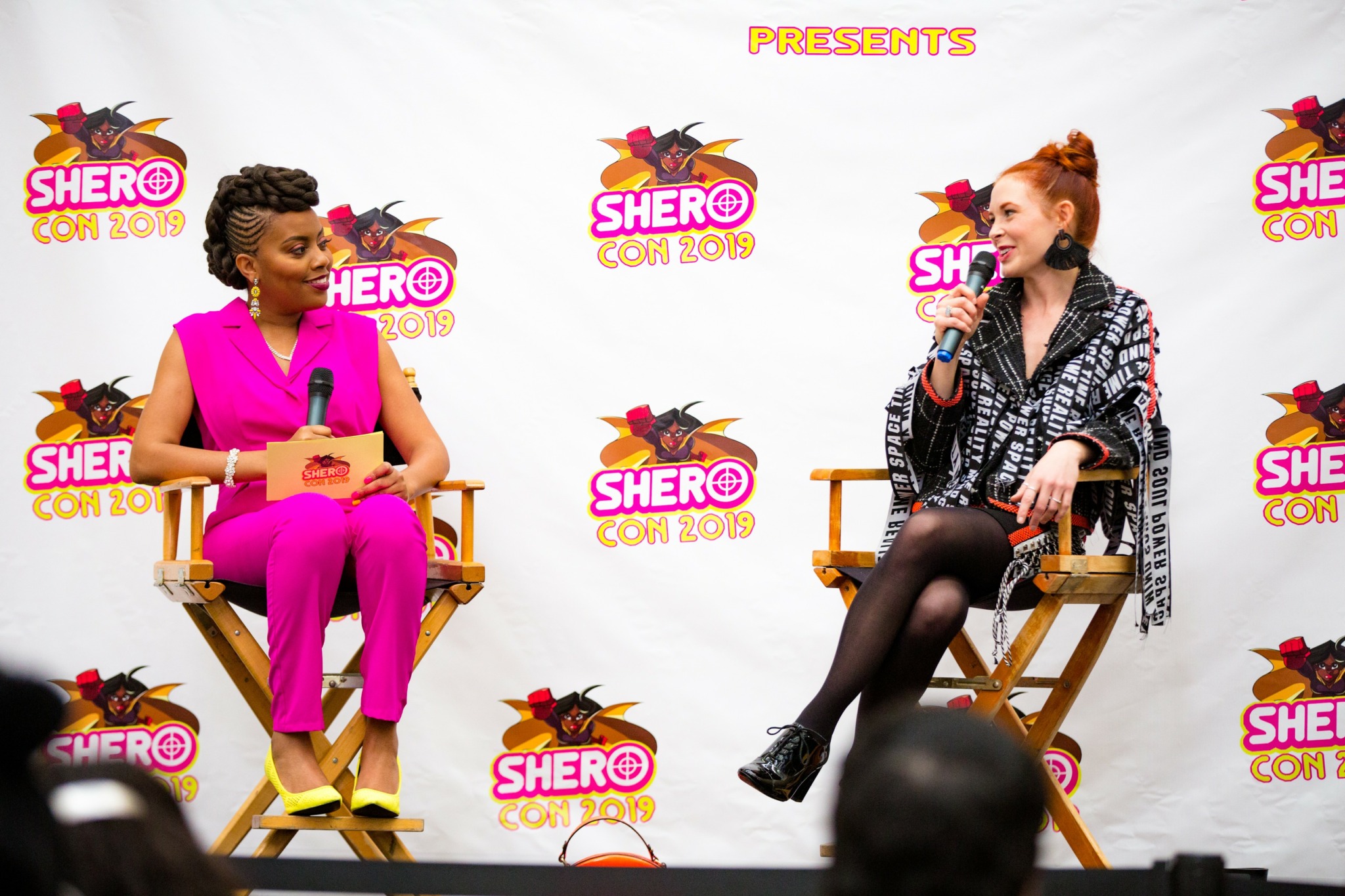
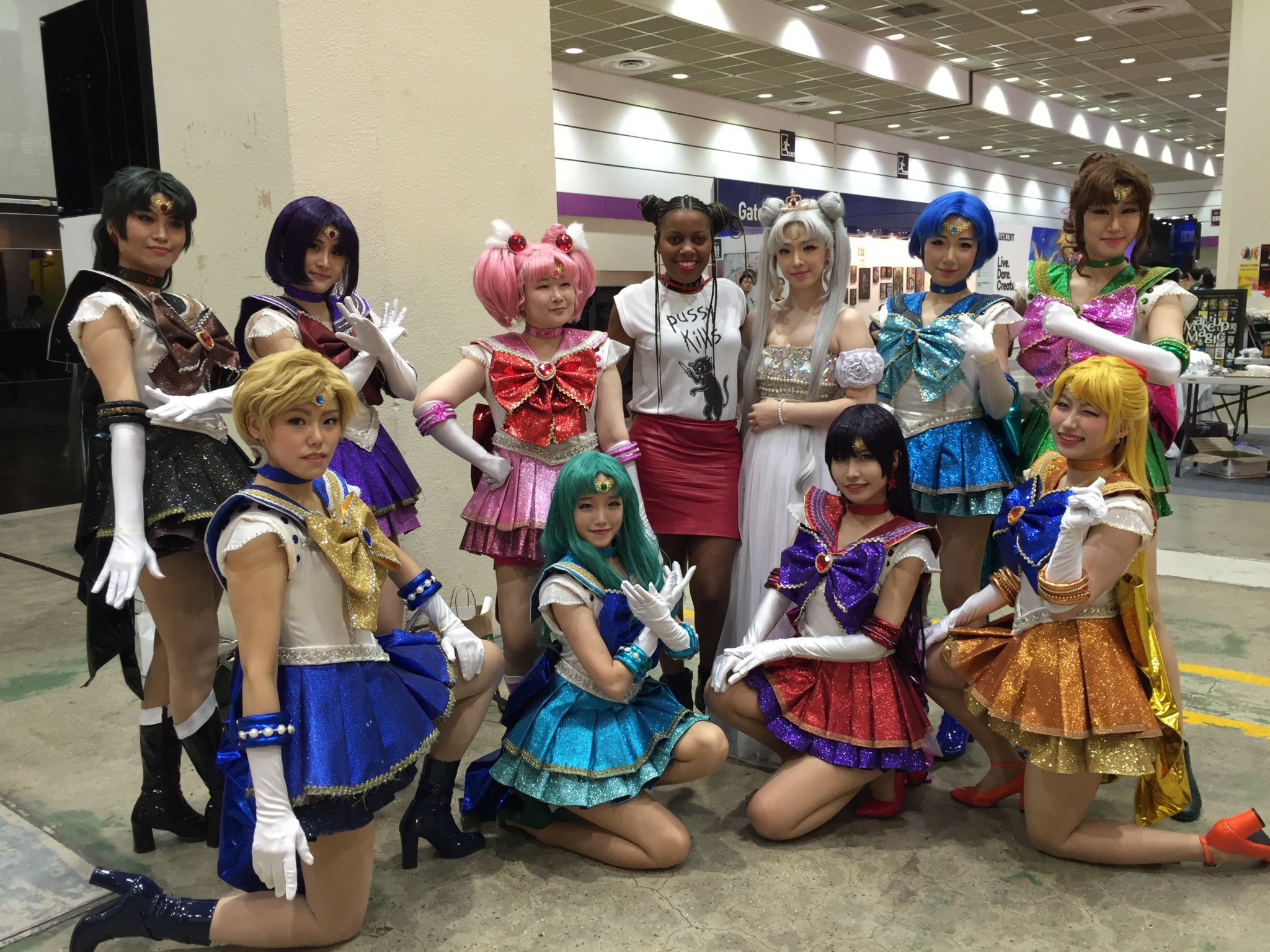
How can we best help foster a strong, supportive environment for artists and creatives?
Twelve years ago, I released a short film on YouTube called The Takeover—an anti-Valentine’s Day comedy that went viral, racking up over 250,000 views. I didn’t have a publicist, a massive following, or media placements. What I had was a story that resonated, and a community of friends and family who shared it organically. That kind of viral momentum is much harder to achieve today. We’re no longer just creating art, we’re in a race against algorithms in an attention economy, where visibility is often reserved for those with the loudest digital presence or the biggest marketing budget.
In this climate, supporting artists and creatives starts with one simple but powerful act: paying attention. Take a moment to watch, read, or listen to what we’re creating. Then consider how you can help move it forward. For some, that means financial support—buying a book, backing a Kickstarter, or subscribing to a channel. For others, it might mean connecting us to someone who can amplify our work. And sometimes, it’s just as meaningful to offer a thoughtful shoutout or share our content with your community.
Lately, I’ve been laser-focused on growing the fanbase for Shero Comics. We’re filling a much-needed space—centering girls of color in comics, animation, and beyond. It’s a niche that’s been ignored for far too long, but one with the power to inspire audiences around the world. But cutting through the noise in a world that’s bombarded by ads and viral trends is a daily challenge. Ironically, it’s been easier to connect with celebrities, like the amazing Gabrielle Union, who gave us our first public shoutout, than to reach influencers whose platforms are built around the very problems my company is working to solve.
So if you really want to support a thriving creative ecosystem, help us get seen and stay seen. That means telling the world about us—not just once, but often. Visibility is the new currency, and for independent creatives like me, it can make all the difference.
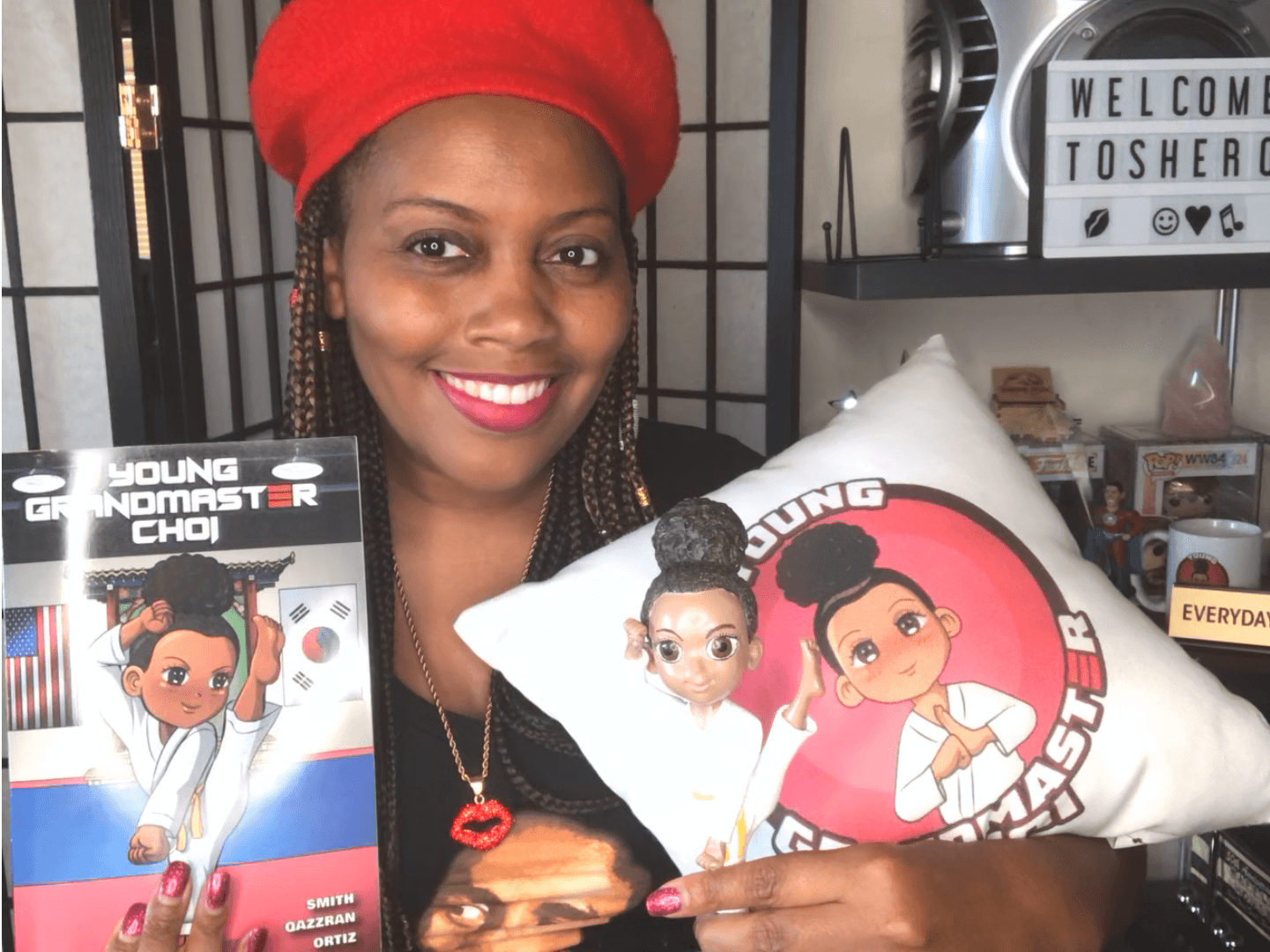
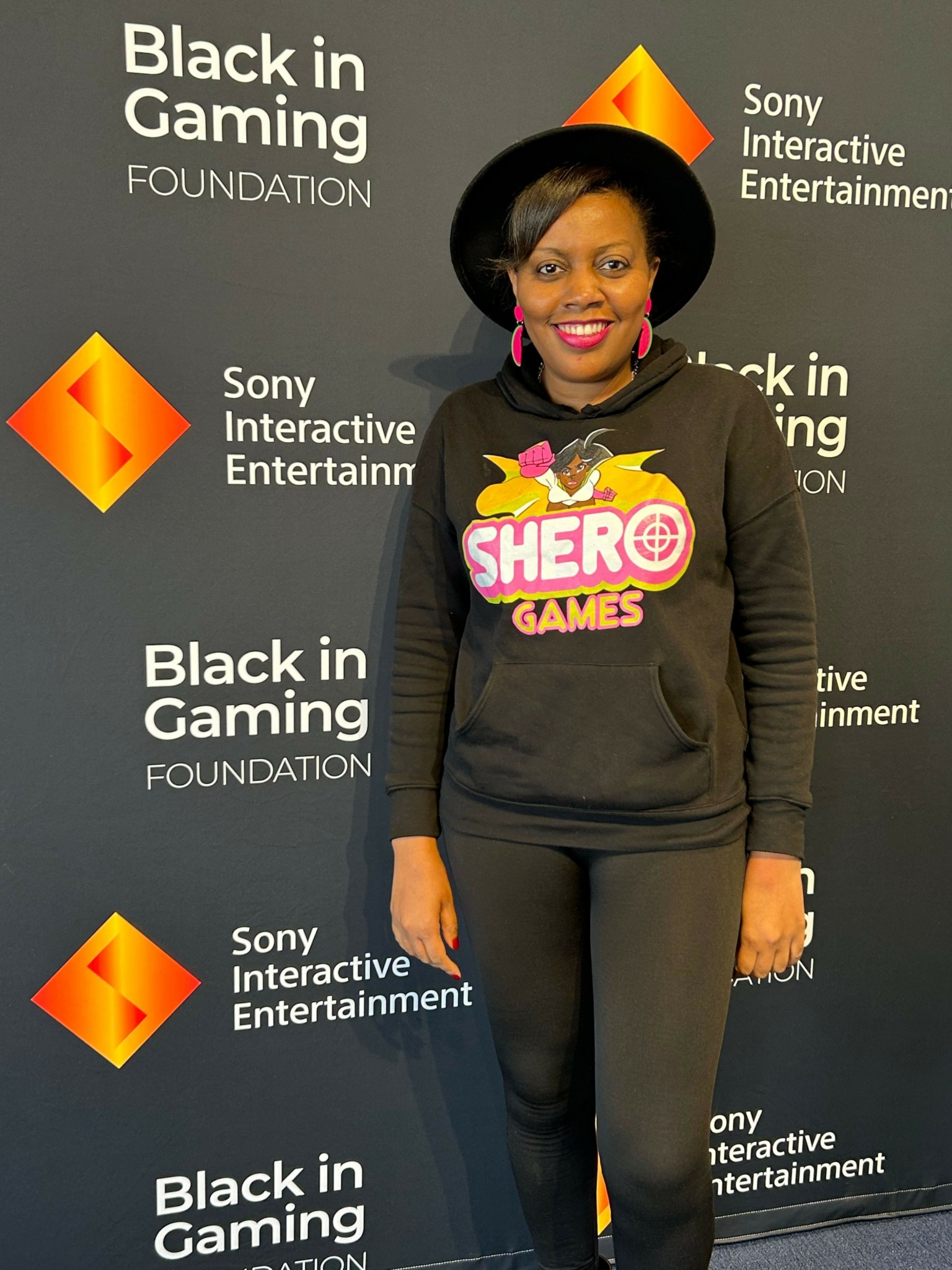
Can you tell us about a time you’ve had to pivot?
Pivoting is exactly where I am right now.
While I fell in love with comics long before I even knew what screenwriting was, I moved to Hollywood with dreams of becoming a filmmaker. For the past twenty years, I’ve pursued that dream relentlessly. There were breaks in my career, moments of momentum and visibility, but at the end of the day, I was often left standing at the gate, waiting for someone to let me in.
Thankfully, I had a creative revelation along the way: I didn’t have to choose between comics and screenwriting. I could do both. So I kept building, writing comics, developing characters, and expanding what would eventually become the Shero Universe.
Now, with Hollywood in flux—plagued by outdated gatekeeping and crumbling infrastructure—I find myself in the middle of a full-on pivot. And for the first time, I feel like I’m driving my own creative destiny.
One of the biggest shifts has been into animation. For years, I asked my Hollywood reps to support that transition, but they didn’t see the vision. They didn’t understand the power of a multimedia approach or the potential of the intellectual properties I’d created. So I pivoted. Thanks to AI tools and a decade’s worth of original comic book IP, I now have my first animated series live on YouTube—and I’m just getting started.
In addition to animation, we’ve entered our gaming era with Shero Games. We’ve already built the prototype for our first mobile game, expanding the universe and reaching audiences in entirely new ways.
So while Hollywood may be crashing, I’m building. And this pivot isn’t just a backup plan—it’s the beginning of the future I’ve been preparing for all along.
Contact Info:
- Website: https://www.shequeta.com
- Instagram: https://www.instagram.com/sherocomics
- Facebook: https://www.facebook.com/sherocomics
- Linkedin: https://www.linkedin.com/in/shequetasmith/
- Youtube: https://www.youtube.com/@SheroComics
- Other: https://www.sherocomics.com

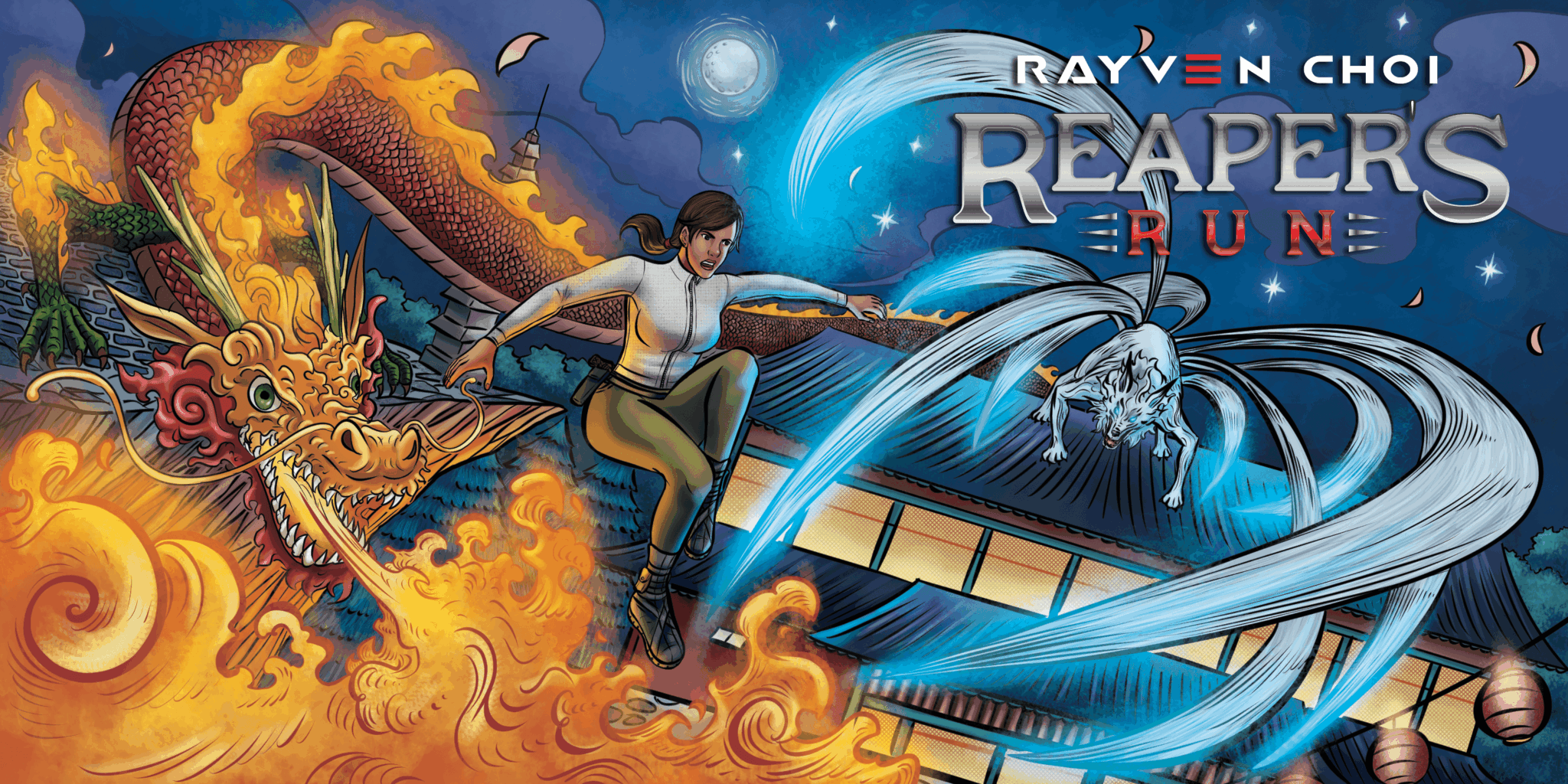
Image Credits
Photo #1 at Library with Teen – Santa Monica Public Library Photographer
Photo #3 at SheroCon 2019 – Andrea Gadioma


